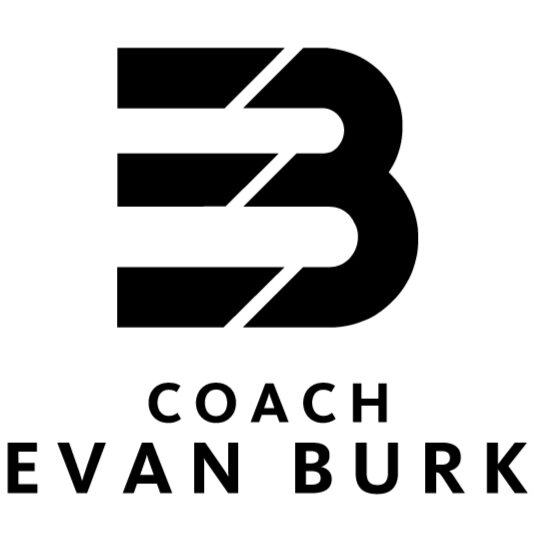Who do you contact in a college program?
One of the most difficult aspects to the college recruiting process is getting in touch with coaches at a program you are interested in. There are often many different coaches and administrators listed on the schools website, so it can be hard to find out who is responsible for what and who is the best to contact.
1. Area Recruiting Coach
Each coach is responsible for a certain area where that particular program recruits. This can vary by division, school, and sport. Schools with larger staffs and budgets, such as Football, can spread out more resources and spend more time because of the number of people that work in their office. But regardless of the sport, it can often be very difficult to determine where you should focus your efforts on communication.The easiest way to find out who recruits your area or high school is to simply call the office for the sport you're interested in, tell them your high school, and they will tell you the best coach to contact. This is the coach you should begin developing the deepest relationship with because they are the ones who will be visiting your area and school most often.
2. Recruiting Coordinator/Director
This position usually belongs to people who are either in charge of the program's recruiting, or have a deep understanding of what's going on with the program's recruiting. They may not be coaches, but they possess a great deal of power in the recruiting process. Where area recruiting coaches are just focused on the guys in their area or at their position, these recruiting positions require the individual to know everyone that is being recruited for the entire program.There is nothing wrong with contacting a coach in addition to a recruiting coordinator. This only increases your visibility within the program. This can also help that coaching is very unstable for the individual coaches. They may be off to another job, or fired from their current one, and now that relationship means very little at that school. By developing a relationship with multiple people on staff, you are essentially hedging your bets if something happens to the coach or staff. In general, these recruiting positions have a little more stability and have the ability to survive a head coach being fired, provided that they do a good job for that program or university.
3. Head Coach
Each sport and program is different on this. Big-time football and basketball programs make it very difficult to speak to their head coaches directly without going through one of their assistants. Most other sports, however, have head coaches that are very involved in the recruiting process and routinely will answer phone calls and email promptly. Speaking and communicating with a head coach is a big deal. If you get this opportunity, that is awesome. Just be yourself, express how interested you are in the program, and try and get some of your questions answered. A good place to start is to find out where they are in their recruiting process for your graduation year's players, and take it from there.

